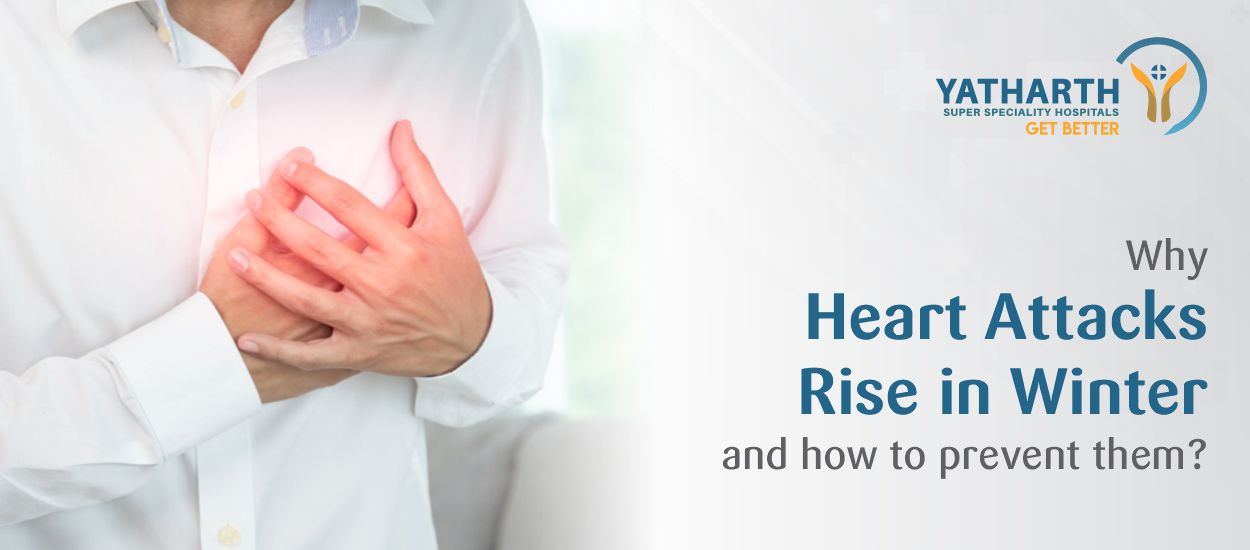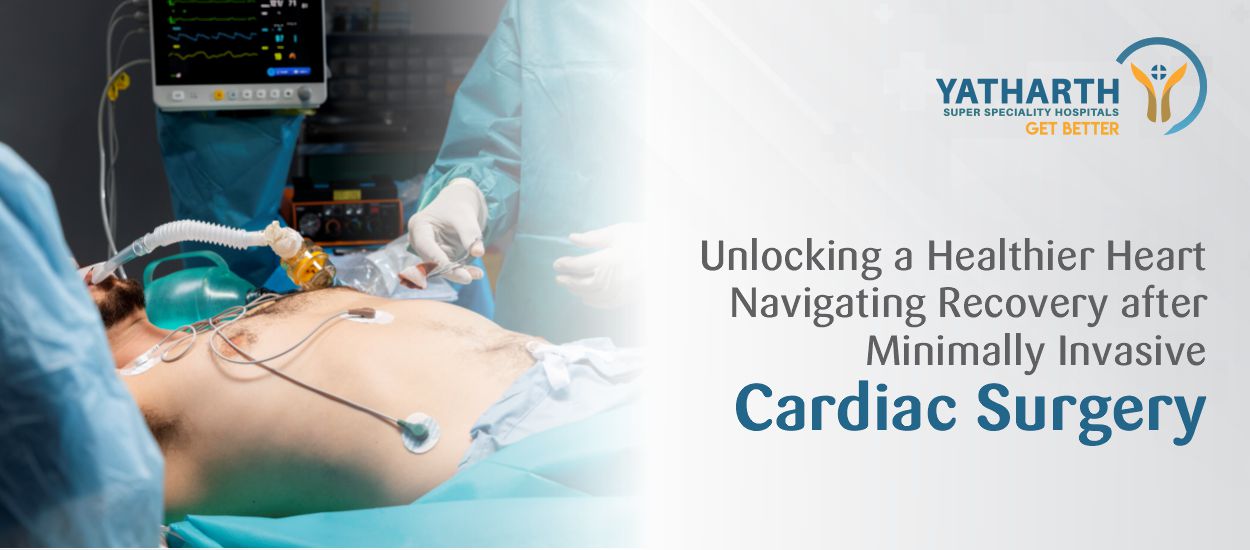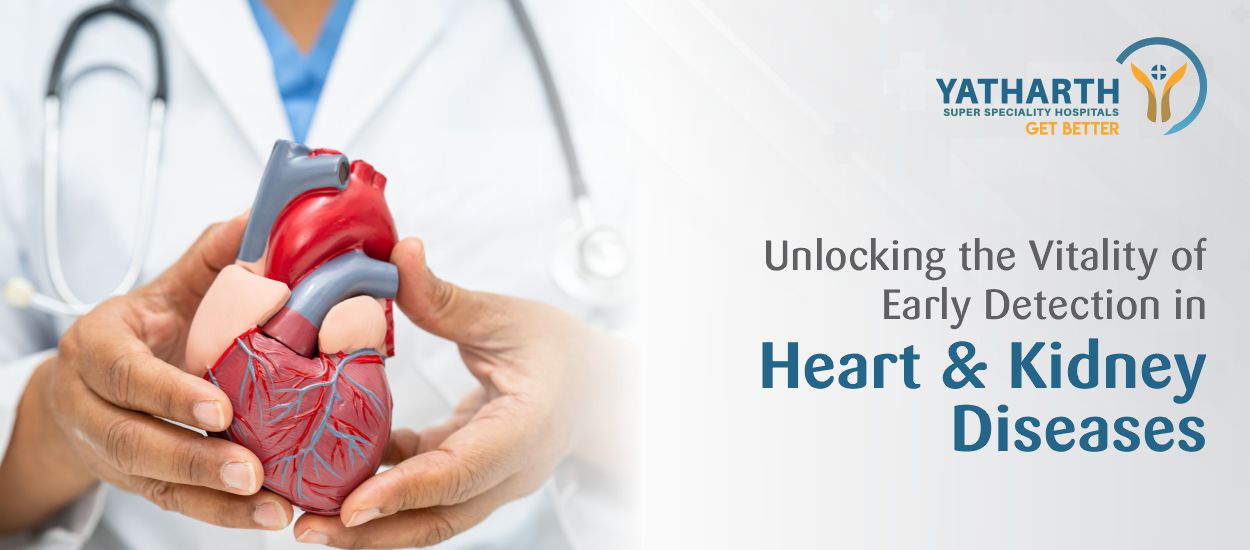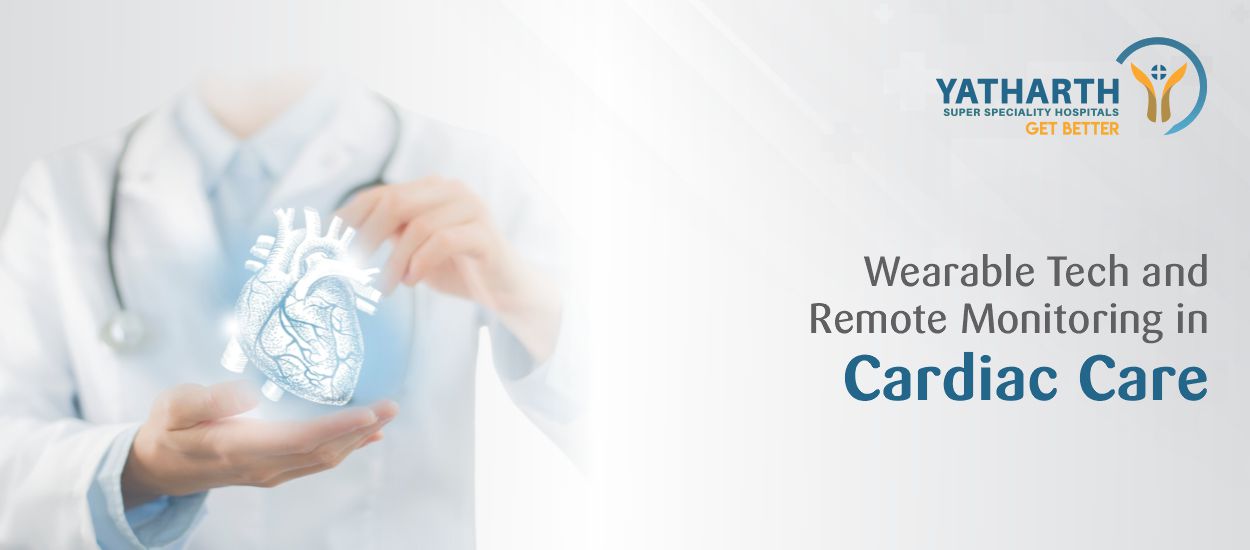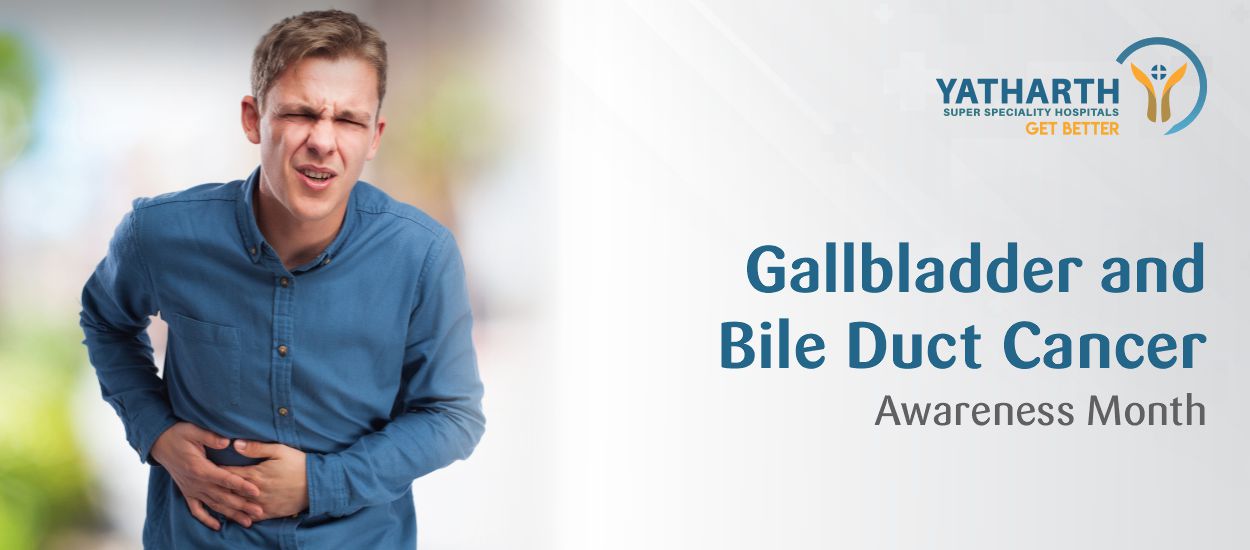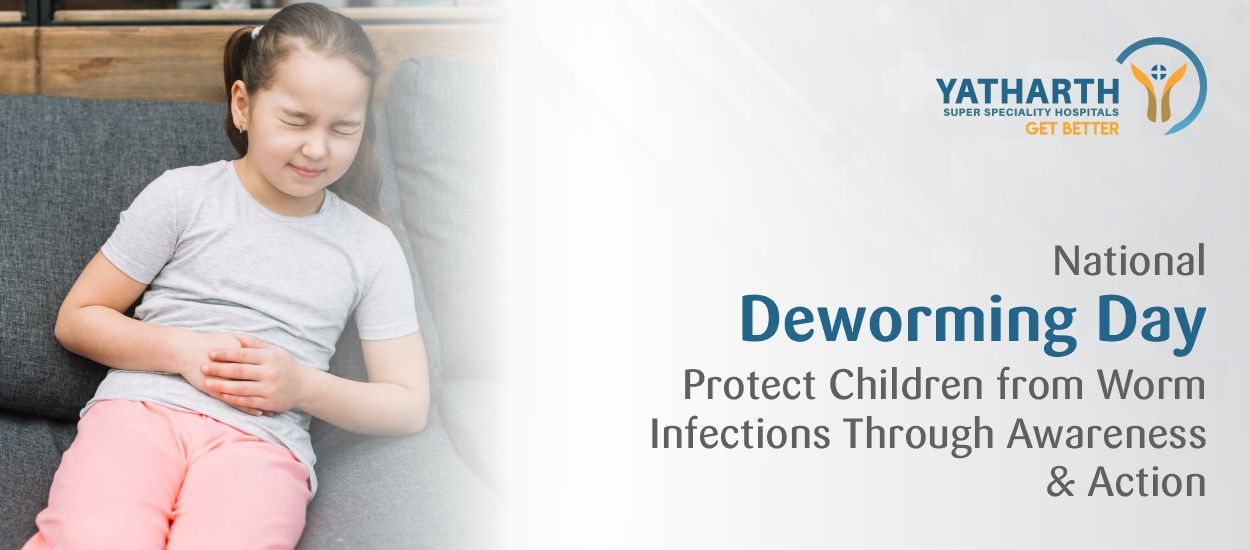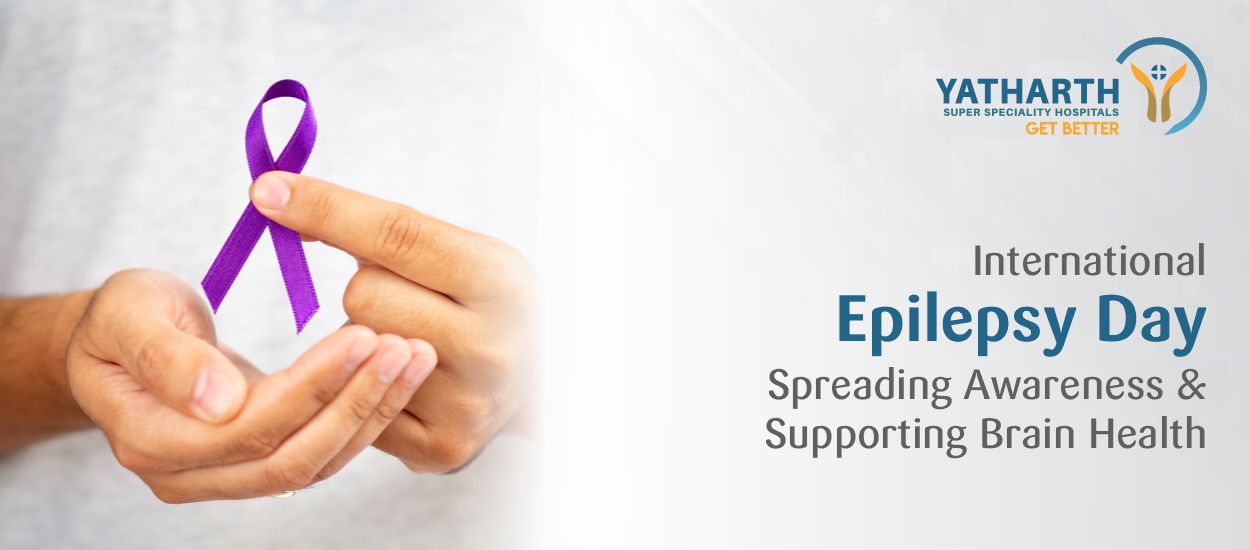It is common knowledge that heart attacks occur more often in winter. The drop in temperature in cold weather can impact the heart since the cold contracts the blood vessels. As a result, blood pressure rises, raising the risk level for both heart attacks and stroke. Further, angina – chest pain due to coronary heart disease– is exacerbated since the cold weather contracts the arteries.
Causes of Winter Heart Attacks
Considering the cold conditions, healthy body temperatures can only be maintained by the heart working much harder. The cold wind also makes this task more challenging as it causes the body to lose heat much faster. This is a greater concern if a person already has plaque build-up in his/her blood vessels. When the cold constricts blood vessels already blocked partially by plaque build-up, the chances are the blood won’t reach the heart and other parts of the body. This could trigger a heart attack.
Research also indicates that going inside a warm house and then outside in the cold can increase plaque build-up while making it less stable. The risk of heart attacks then rises. As the cold makes the heart work harder to transport blood across shrunken arteries, it causes increased blood pressure, which indicates the level of pressure within the arteries. If a person already has high BP, it can suddenly block the arteries, raising the risk of a heart attack and stroke.
Another indication of pressure on the heart in winter is an increased pulse rate. When the cold rises, the heart can only keep the body warm by pumping harder, leading to a higher heart rate. Although a faster pulse rate doesn’t indicate a heart attack or heart ailment, it could be a sign that the heart is working much harder and a break is required.
The other reason for a rise in heart attacks in the cold weather is that people prefer to sleep longer in winter rather than wake up for winter walks. Additionally, people are more prone to eating fatty foods for comfort and consuming more alcohol. These unhealthy habits trigger an increase in weight, blood pressure and cholesterol, in turn inflating the risk of cardiovascular disease and heart attacks.
Important Guidelines to Stay Safe
Given this situation, it is important to know how to minimise the risk of heart attacks in cold weather. Here are some guidelines to remain active and healthy in winter:
- Wear multiple layers: In winter, one must keep warm by wearing layers of clothing. One should also wear a head scarf or hat to prevent heat loss through the head. Gloves and socks can be used to keep the hands and feet warm since these parts can lose heat swiftly. As air is trapped between these layers, it forms a protection insulation shield. The advantage of dressing in layers is that one can quickly remove a layer (or two) if more activity makes the body feel hot. While one should stay warm, avoid overheating as temperature fluctuations can also affect the heart. If one begins sweating, it is time to remove another layer and opt for a break so the body cools down.
- Warm up before doing outdoor exercise: Even if a person is in good shape, he/she should begin slowly when working out in winter so the body can get acclimatised to the cold. Start with light exercises like stretching or running in the same spot.
- Ensure extra precautions in case of any pre-existing heart condition: As stated before, cardiovascular conditions and winter don’t go well together. If one already has heart disease or had a heart attack earlier, it is best to take it easy. Seek the doctor’s advice before exercising in winter, particularly outdoors.
- Take frequent water breaks: This is required to stay hydrated when exercising. Dehydration must be avoided as it is difficult for the body to remain warm while making it easier for the blood to clot.
- Curb caffeine and alcohol intake: Blood pressure increases with these drinks. So it is better to avoid them or limit their consumption.
- Avoid smoking or vaping: Tobacco items can cause plaque build-up and increase BP. To safeguard heart health, quitting cigarettes and vaping is the best option.
- Consume a heart-healthy diet: People with cardiovascular conditions should watch what they eat and drink. Choose foods that keep cholesterol levels down and lower the blood pressure by shunning items containing more salt, sugar and/or fat. The doctor will advise patients on the best dietary options.
- Adhere to regular preventive care: Be it flu vaccines or annual check-ups, preventive care is vital to stay healthy and avoid contracting seasonal ailments or detecting them well in time so they are easy to treat.
Critical Tips to Prevent Heart Attacks in Winter
- Exercise: Though this is harder in winter due to the cold outdoor weather, many indoor activities can be done safely. Yoga, Pilates, Zumba and other exercise options are available online as virtual classes.
- Diet: Avoid foods containing saturated fats. Consume a balanced diet with plenty of fruits and veggies. Choose whole grains rather than refined ones. Eat healthy sources of proteins such as plants, fish and seafood, low-fat or fat-free dairy products and lean cuts of white meat (avoid red meat). Avoid food products containing saturated fats or trans-fats.
- Monitor BP and cholesterol: Check BP and cholesterol levels periodically, particularly during winter. People with a history of high BP or cholesterol should visit their physician regularly to manage both conditions properly. This is crucial because medications may need to be reviewed and revised during cold winter months for optimum control.
- Manage stress: Sedentary hours spent indoors can create silent stress due to minimal activity or the lack of it. Stress-busting activities like meditation, deep breathing and yoga can be useful in lowering stress levels. Obtaining 8 hours of sound sleep each night can also help in improving overall health and reducing stress.
Be Active, Aware and Alert
Always stay active during the winter months preferably by working out indoors. Also, watch out for signs and symptoms of heart attack. These could include acute chest pain, dizziness, nausea or vomiting, cold sweat, heartburn, sudden fatigue, shortness of breath, light-headedness, pain and numbness or tingling sensation in the jaw, neck, back or shoulders.
If signs or symptoms of a heart condition appear, don’t waste time. Seek medical help immediately, irrespective of the time of day or night. Patients seeking help in the golden hour have the best chances of full and faster recovery.
